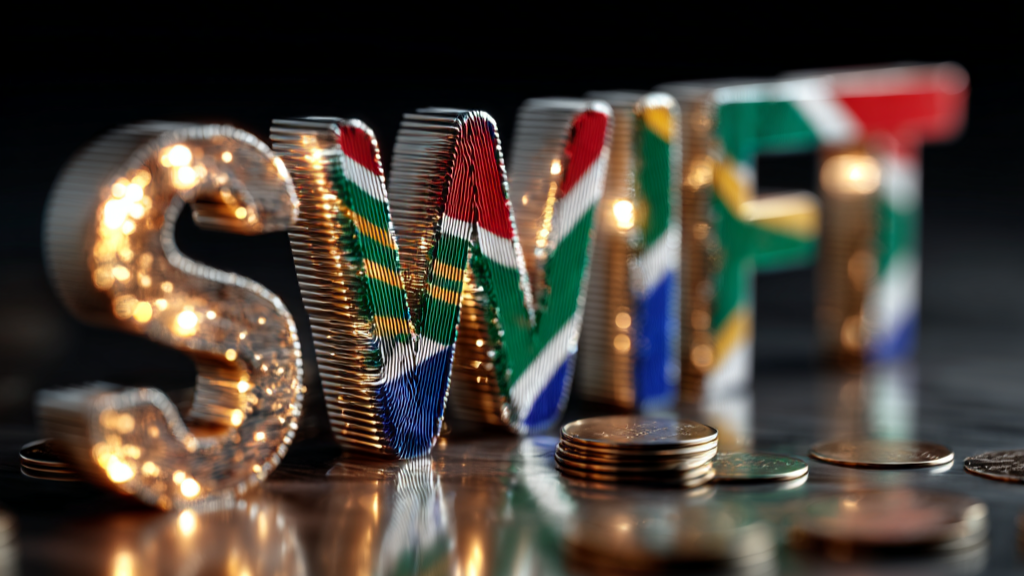A world beyond SWIFT
Why South Africa must prepare for a new era in payments
There’s growing speculation that South Africa could one day face restrictions from the SWIFT global payments network and while that remains unlikely in the near term, it’s an important scenario to consider.
As someone who has spent years helping businesses navigate the complexities of cross-border finance, I see this less as a financial story and more as a critical question of strategic preparedness. What happens when the world’s trade system relies so heavily on one network to move money?
SWIFT the Society for Worldwide Interbank Financial Telecommunication connects more than 11,000 financial institutions across over 200 countries. It’s the invisible infrastructure that keeps global commerce moving. Yet, its dominance is also its weakness. If access were ever disrupted, even temporarily, the consequences for exporters, corporates and banks could be severe. Delayed settlements, higher costs and tightening liquidity.
Around the world, new payment rails are emerging. China’s Cross-Border Interbank Payment System (CIPS) offers yuan-based clearing for international trade, while fintech-led networks and non-bank providers are building faster, more transparent systems across regional corridors.
“The point isn’t to predict exclusion
it’s to plan for diversification.”
Here in Africa, we’re already seeing innovation at work. Digital assets backed transactions are being tested for business-to-business settlements, with regulators taking pragmatic steps to understand how these technologies can fit within existing frameworks. It’s early days, but the direction of travel is clear. Multiple networks, interoperable systems and digital asset value transfers are becoming part of the mainstream conversation.
At Atlantic Partners Asia, we’re seeing more corporates and financial institutions rethink their payment strategies. They’re mapping out alternative routes, developing contingency plans and investing in systems that give them flexibility because optionality is now a form of risk management.
“Resilience comes from choice,
not dependence.”
That’s why South Africa’s regulatory openness to exploring digital payment systems and tokenised settlements is so important. It positions the country not just to manage potential disruption, but to lead in building the infrastructure of the next financial era.
For now, access to SWIFT remains secure. But the conversation about what comes next shouldn’t wait until it’s not. The global financial system is moving toward decentralised, interoperable rails that redefine how value moves across borders.
How to be prepared
Map your payment dependencies
Audit where and how your cross-border payments flow. Identify which corridors, banks and counterparties depend exclusively on SWIFT. Understanding exposure is the first step toward resilience.
Build multi-rail capability
Explore alternative payment networks including regional systems, fintech-led rails or digital asset based solutions. Even if they remain secondary channels for now, having them ready ensures continuity if access to one network falters.
Engage early with regulators and partners
Stay close to developments in digital settlement frameworks and tokenisation pilots. Collaborating with regulators, banking partners and fintechs allows you to shape compliant, future-ready solutions instead of reacting to change later.
Will the next great financial divide be between those who control the payment rails and those who simply ride on them? The real question isn’t whether a world beyond SWIFT will arrive it’s how ready we’ll be when it does.

